
Now all these years later, he offers Get Your Shit Together, his debut solo album which was released back at the start of 2019 through Big Legal Mess/Fat Possum. A culmination of years of songwriting and pouring feelings onto paper, the album is steadily picking up some steam as Sales looks to continue to plot more touring through the rest of the year. Candid and real, the seasoned musicians recently sat down to chat his work in the Rock-n-Roll, his approach to songwriting, plus more.
Cryptic Rock – You have been involved in Rock-n-Roll for over four decades now, working with everyone from Iggy Pop and David Bowie to Todd Rundgren. A highly-regarded drummer, briefly tell us, how would you describe your career in music?
Hunt Sales – Let’s just speak as a drummer, you see drummers in bands and maybe they get a five year thing going, maybe they have success, then they get out or change. To be doing it this long, I don’t know what that means, but I’ve been very lucky. I’ve made my luck being at the right place at the right time. It’s a long career in a business that can be kind of disposable in the Pop/Rock-n-Roll world.
I’ve tried to hold onto some integrity, if that’s possible, which I think I’ve done. There’s gigs that I’ve not wanted to do that I’ve turned down, and on the other hand, I’ve been flexible and done session work throughout my career working with other people. I think I’ve been very fortunate to still be playing this long, but not only playing this long, but still into and still interested in it. I try to find things that are fresh and new about it to keep going.

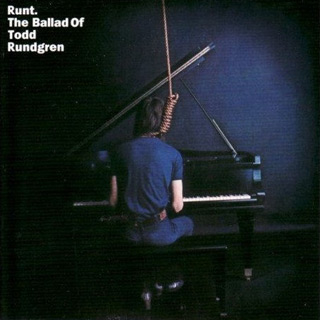
Cryptic Rock – And you have done a lot of great things through the years. Growing up you had your dad, who was a very successful performer, as well as a lover of music, and your brother Tony, who you would collaborate with on many occasions musically. That in mind, was your family supportive of your creativity?
Hunt Sales – Yeah. My father being in show business, and Rock-n-Roll is show business, was supportive. He wasn’t saying “Why don’t you become a lawyer or banker?,” but ultimately I had to make my own way. I didn’t go into his line of the business, which was being a comedian and actor; I picked music. My mom and dad were supportive of what I did, my mother especially with knowing how hard the business could be.
Someone would ask me: “What was it like having your father being Soupy Sales?” I was aware at a young age that my father was a little bit different than other kids’ fathers. At the same time it was what I was used to growing up and being around a lot of people. Basically, I was raised the way my father was raised. I got to see both parts of the business being very young: I got to see great things happen for my father ,and then the bullshit side of it with him having his struggles. I was very aware of this at a young age; it didn’t deter me. I was definitely aware, especially being out in California in the early ’60s and seeing what he went through.
Cryptic Rock – It sounds like you learned a lot. Then you would go ahead and pursue a career in music.
Hunt Sales – I just forged ahead and kind of had an idea that I better work on my music and get as good as I could be so I could be around for awhile. I knew it wasn’t always going to be with the same scenes. I got to a point after the first record of any success that I was on a record with Todd Rundgren called “We’ve Gotta Get You A Woman” when I was fifteen-years-old and it was a Top 5 hit. It kind of scared me in a way because I’d seen other people who had been around and they are no longer – they were burnout or got out of the game.
Between fifteen and eighteen, I worked even harder on studying drums and preparing myself for the years to come, as far as being able to play different kinds of music and being able to go in the recording studio and do session work. Later on, working with Todd and other talented people, I learned about getting into production, engineering, writing, and arranging.
Cryptic Rock – As mentioned, you would work with the likes of Iggy Pop, David Bowie and Todd Rundgren. Each a legendary performer and unique to one another, you must have taken something away from all of them?
Hunt Sales – Of course. I tried to the best of my ability to keep my eyes open and really watch what was going on, and try to learn something from all my experiences that I had. You know the thing I’m talking about where you will see some band that sells millions of records, and five years later the drummer from that band is no longer playing? I’ve done other things along the way where there were no gigs to make money, but ultimately I kept playing music and trying to create music all along.
There were tour with station-wagons, tour buses, commercial airlines, and lear jets, I’ve done it all. All of it is almost the same – it’s rough touring and traveling. I spent quite a period of my life on the road; I spent about a four to five year period on the road constantly and got a good idea of what that was about. It always came back to the same thing of trying to learn some more and work on my craft. It’s all about the work and all the other stuff is great, but things I’ve done in the past I don’t think about them as much at all. I’m more interested in today and what music I might be working on for tomorrow.
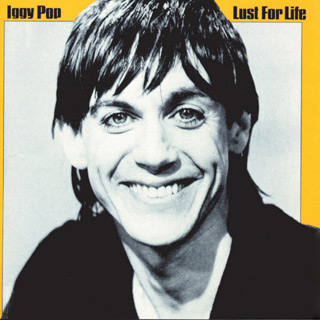
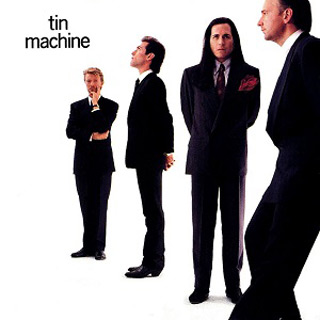
Cryptic Rock – Yes, you want to keep moving forward. Beyond your work behind the kit with other performers, recently you put out a solo debut album entitled Get Your Shit Together. What inspired the decision to at last put together a collection of solo songs?
Hunt Sales – With this record, you know the old saying of being prepared, then comes opportunity and where the two of those meet? That is exactly what happened. About eight years ago, I was working on a bunch of music and doing quite a bit of recording. At the time I was in Memphis and I did a gig of my own with a band I put together in two days. I did a few other gigs with Will Sexton of the Sexton Brothers and his wife, Amy. That’s when I met Bruce Watson from Big Legal Mess/Fat Possum and he asked me if I wanted to make a record.
Prior to meeting Bruce, in my mind, my thought was, “At my age, who’s going to give me a record deal?” At sixty-four, I didn’t have any management or people behind me, and here I had this opportunity to make a record. I had a bunch of songs I had been working on and Bruce offered me a deal to record a single/45 and I said that was great! I wanted to maximize it, and he asked if I could put two songs on each side. I asked then, “What is the time on that for a vinyl pressing vinyl?” He told me, “You get about seven and a half minutes per side.” I had recorded around six or seven songs in one day, and that evening I got a text message from Bruce saying, “Forget about the single, let’s do an album.” Then I came back to Memphis about a mother later and did six more songs in one day with some overdubs, but by the second day they were done. We did the record pretty fast and it turned into an album.
I’ve worked with different people, but Bruce was very good to work with and bounce things off. He was really good to work with in the studio; I basically did what I wanted to do. If you know anything about Fat Possum, they have some interesting people on their label. They are more about capturing and documenting stuff. Bruce is a real music lover. Yeah, he runs a label, but I’ve dealt with a lot of people from record labels, and he is very unlike a lot of people I’ve dealt with at record companies – and that’s a good thing. I’m not just saying that because he signed me, I’m saying that because of his whole take on everything and doing things for the right reason. He is very open-minded; I could run things by him and he was very supportive. It was basically him and me engineering, with me recording and putting all the tracks together.
Cryptic Rock – Listening to these songs they all are very raw and sincere. Was it difficult putting these feels into song?
Hunt Sales – Not at all. I started listening to the radio, and there is nothing wrong with this, but I heard people singing, “The sky is blue, my feelings, I’m not sure, the river’s running” … I don’t know what the fuck they are singing about! I guess my lyrics are really specific, I try to tell a story. There are a lot of different types of songwriting. There is definitely music I’ve listened to and liked over the years; I like Bob Dylan and James Brown. Bob Dylan will say something with a lot of words and James Brown would say something with a few words.
It’s weird writing songs, on the songs I write I try to be honest. There is one song called “Angel of Darkness,” and when I wrote it I was laughing and I was hoping people would laugh with it. It’s kind of universal in that song where I say I hate you just as much as I love you. If you are in a relationship with someone, you know how much you can love them, and they do some shit and you fucking hate them. (Laughs)
I spend time writing music; it’s something I tried to get serious about. About twenty years ago I was writing, but not a lot of music. I would get an idea, but I was not turning out a lot of songs. Two of my solo songs were on Tin Machine – “Stateside” and “Sorry.” I pretty much wrote all of that, there is a chorus on “Stateside” that David Bowie wrote. I did writing on a lot of the Tin Machine stuff, but I got more serious after that period. I met a few writers and basically it was about putting time into it, sitting down and really working at it. I don’t know what kind of writer I am, I’m no Bob Dylan, I know that, but I try to be sincere. When I sit down and write and I say, “What rhymes with refrigerator?,” that’s when I know I need to stop. (Laughs) I see a lot of people around who want to be Townes Van Zandt or whoever, but they don’t really want to live like these people. I consider myself kind of a Blues singer in a modern context.
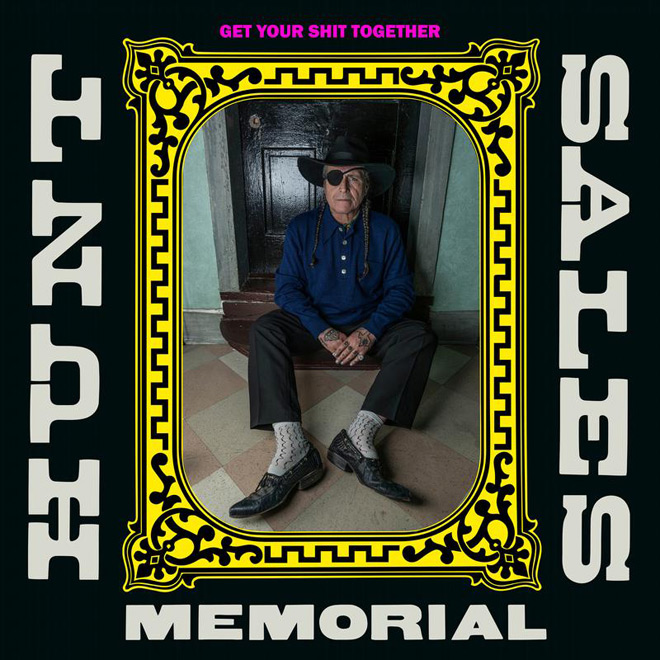
Cryptic Rock – Yes, and that is what makes the music more personal.
Hunt Sales – Yes. There are some horns on the record, but they sound more like a Fats Domino, but real minimalist and just holding notes rather than jumping all over the place. With this record I’m not really following a trend, I’m just making some music. It is loud, it is kind of in-your-face, and it may sound a little like this or that. I’m a product of the past, of what I grew up listening to – whether it was Sam & Dave or The Rolling Stones. I tried to make a Rock-n-Roll record. I hear some Rock-n-Roll records that sound like someone is doing a take on Led Zeppelin or something else and they have a lot of riffs, but they don’t have a lot of songs. I tried to deliver some songs.
Cryptic Rock – You certainly did. With the record out, you are now set to play select dates with The Raconteurs this fall. That said, can we expect some more live performances?
Hunt Sales – I would like to. I am hoping later this year to get out and play, it’s just a matter of economics. It’s rough to go tour. I would like to think if I show up and do the West Coast then I’m going to get some people to come out and support me. Years ago, if you put a record out and nothing happened within six weeks, well, labels were putting out twenty records a week. It’s not that way anymore: sometimes records now take eight months to really get going.
I’m hoping I can get out and start touring more behind it; that’s what I’m going to try to do. I’ve got an interesting live show, it’s unlike anything I’ve seen out there.
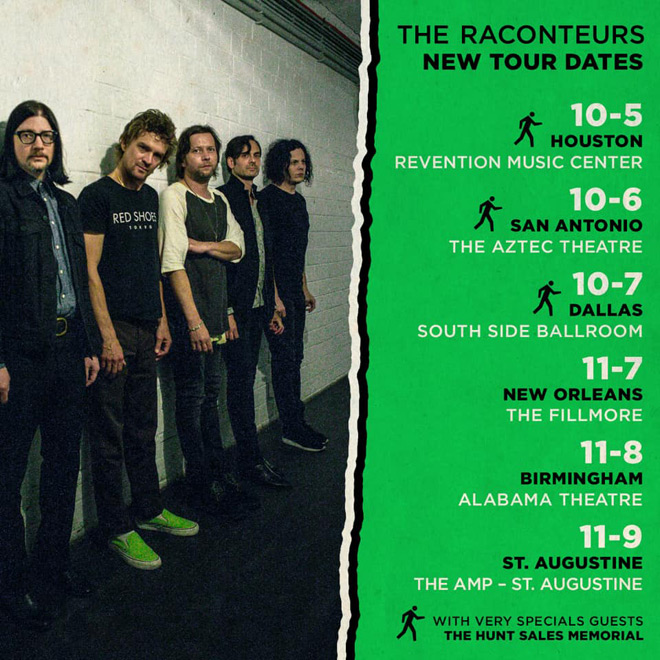
Hunt Sales – I’m hoping, but everything takes time; it takes longer than you think. We will see what happens, that’s all I can hope for.


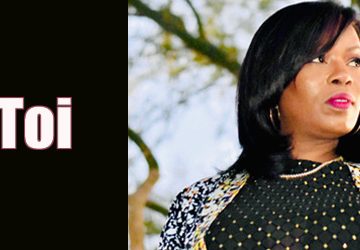



Hunt Sales Memorial is only playing the TX dates with Raconteurs. Man I was stoked for FL.